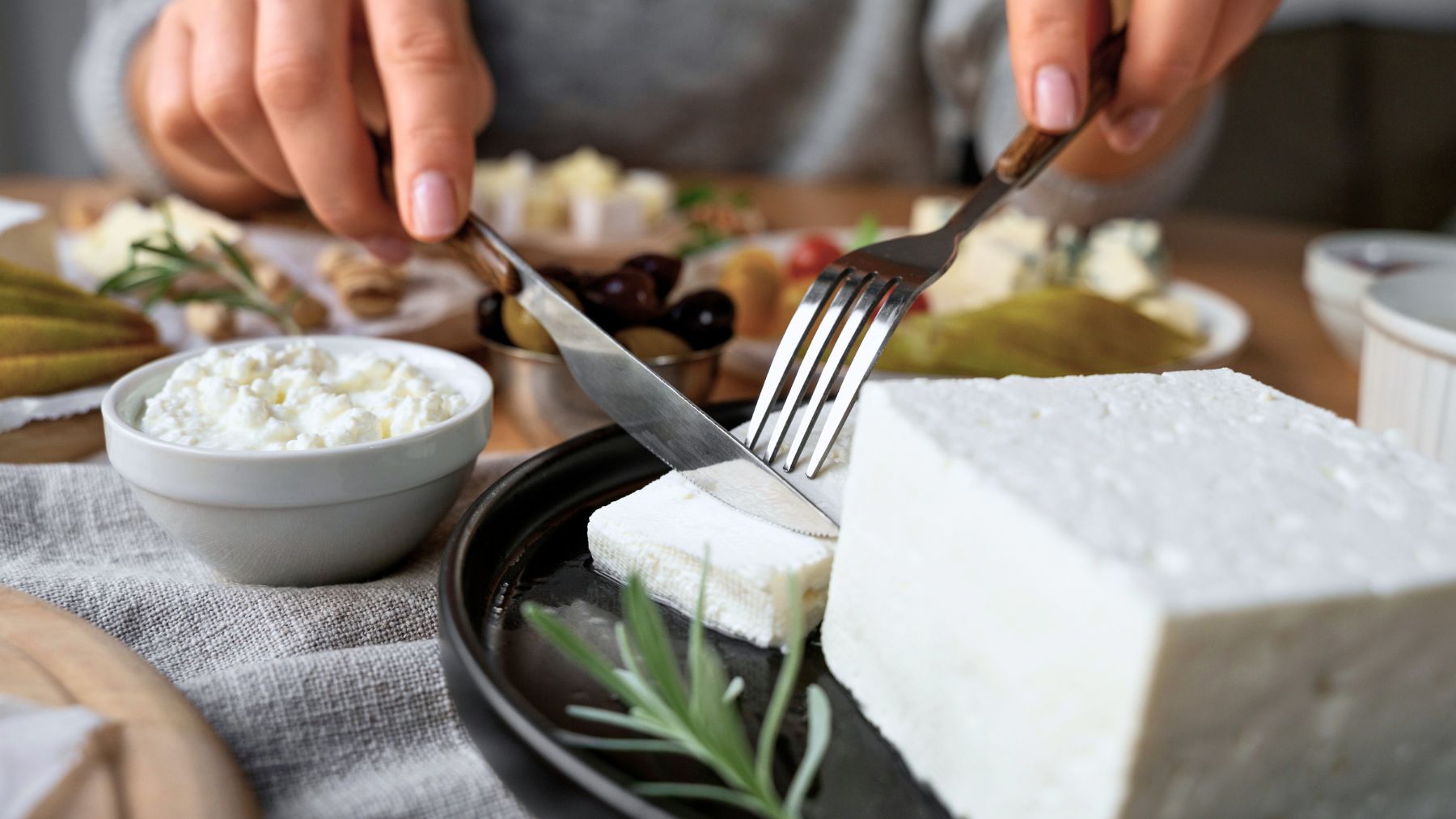A glass of milk is often seen as the gold standard for calcium. One cup indeed delivers around 300 milligrams, but it’s not the only or even the richest source. Plenty of everyday foods—some you’d never expect—can quietly outperform milk when it comes to supporting strong bones, healthy teeth, and proper muscle function.
Here, we’ll look at five foods that bring more calcium than milk. Some are plant-based, others are protein-rich, and all are easy to add to your diet. If you’re lactose-intolerant, vegan, or just trying to mix things up, these options can help you meet your calcium goals without relying on dairy.
Surprising foods richer in calcium than milk
Many people associate calcium only with dairy, but several non-dairy foods are just as potent. From seeds to fish to fortified favorites, here are five unexpected choices that deliver impressive amounts of calcium in each serving.
1. Chia seeds
Tiny but mighty, chia seeds are loaded with calcium—around 631 milligrams per 100 grams, nearly twice as much as a cup of milk. You probably won’t eat that much in one sitting, but even a tablespoon or two sprinkled on yogurt, oatmeal, or smoothies can make a difference. Along with calcium, chia offers omega-3 fatty acids, protein, and fiber, making it a nutrient-dense addition to your breakfast or snacks.
2. Ricotta cheese
Among dairy products, ricotta quietly tops the calcium charts. A cup of part-skim ricotta delivers around 270 milligrams, which is about double what’s in milk. A half a cup nearly matches milk’s calcium content. It’s also a good source of protein and phosphorus, both essential for bone health. Add it to pasta, spread it on toast with fruit, or use it in savory dishes for a creamy boost.
3. Canned sardines
Canned sardines are rich in calcium largely because of their soft, edible bones. A small 3.75-ounce can provides about 351 milligrams. They’re also a great source of protein, vitamin D, and omega-3 fats, nutrients that help your body absorb and use calcium effectively. Try them on whole-grain toast or mix them into pasta with lemon and herbs.
4. Fortified plant-based milk
Almond, soy, and oat milks that have been fortified during processing often contain amounts equal to or higher than cow’s milk. Fortified almond milk typically provides between 300 to 470 milligrams of calcium per cup. Check the label, since amounts vary by brand. These alternatives are especially useful for vegans and people with lactose intolerance who still want a calcium-rich beverage.
5. Dried figs
Fruit isn’t usually known for calcium, but dried figs are a big exception. About a cup contains 241 milligrams—nearly the same as a glass of milk. They’re sweet, chewy, and full of fiber, potassium, and antioxidants. Because they’re calorie-dense, a handful is enough to get a boost without overdoing it on sugar.
Meeting your calcium needs doesn’t have to mean drinking milk every day. Whether you prefer plant-based options, seafood, or cheese, these foods can help you hit your daily target while adding variety to your diet. Strong bones start with smart choices—and sometimes, they come from the most unexpected places.

